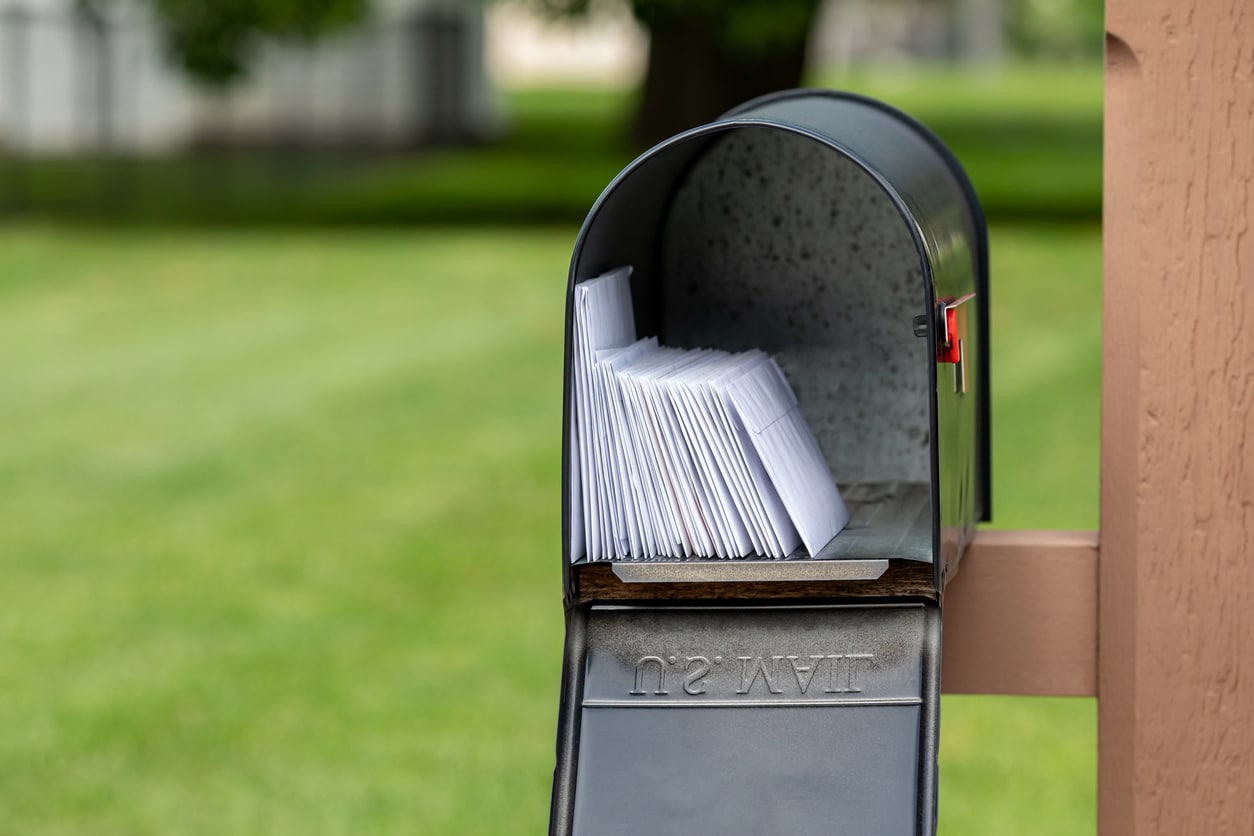In Shapero v. Kentucky Bar Association, 486 U.S. 466 (1988), the Supreme Court struck down as a violation of the First Amendment a rule prohibiting lawyers from sending truthful, nondeceptive solicitation letters to potential clients.
Kentucky rule barred attorneys from sending targeted solicitations
This dispute arose when Kentucky attorney Richard Shapero sought to send a letter to prospective clients facing foreclosure.
The proposed letter read, “It has come to my attention that your home is being foreclosed on. If this is true, you may be about to lose your home. Federal law may allow you to keep your home by ORDERING your creditor to STOP and give you more time to pay them. … Call NOW, don’t wait.”
The Kentucky Bar Association refused to approve Shapero’s letter because an ethics rule adopted by the court prohibited lawyers from sending targeted direct mail solicitations. The regulation was enacted to protect the public because of lawyers’ significant financial motive in sending such letters.
Court said rule violated the First Amendment
In the opinion for the Court, Justice William J. Brennan Jr. applied the Central Hudson test, which provides that commercial (advertising) speech may only be restricted if it serves a substantial governmental interest and only through means that directly advance that interest.
The Court rejected two arguments advanced by the bar association:
- First, a solicitation letter could not, as the bar argued, be equated with face-to-face solicitations, which might be barred altogether. Unlike a face-to-face encounter, letters were more conducive to reflection and could be set aside by the recipient without coercive pressure.
- Second, if the state was concerned that letters might include false or deceptive information, the bar association could review the letters prior to dissemination. The fact that the letter was sent to individuals who were known to have a specific legal problem — the so-called targeted aspect of the rule —did not change the conclusion. Likewise, that a letter is more efficient in targeting a specific audience as opposed to a general advertisement does not justify the blanket prohibition.
The third part of the opinion, joined by only four members of the court, addressed whether Shapero’s letter could include underscored or uppercase letters.
As per the bar association, these stylistic aspects were “pure salesmen puffery” that proved enticing “for the unsophisticated” public. The plurality had no difficulty in finding that irrespective of the type style, a nondeceptive letter did not present a valid claim of overreaching or injury to the public.
There was no substantial government interest in restricting truthful lawyer advertisements
In other words, there is no substantial governmental interest in restricting truthful and non-deceptive lawyer advertisements.
Justices Byron R. White and John Paul Stevens dissented from this last part of Brennan’s opinion, finding that whether Shapero’s letter was particularly overreaching should first be decided by the lower courts on remand.
O’Connor dissent said bar association should have complete control over lawyer advertising
Justice Sandra Day O’Connor, Chief Justice William H. Rehnquist, and Justice Antonin Scalia dissented entirely.
O’Connor disagreed with the majority’s analysis, arguing that lawyers hold a special place in society that includes an ethical obligation to “[t]emper one’s selfish pursuit of economic success by adhering to standards of conduct that could not be enforced either by legal fiat or through the discipline of the market.”
In other words, the three dissenters took the position that state bar associations should have complete control in restricting lawyer advertising and that the Supreme Court’s prior rulings finding lawyer advertising to be constitutionally protected were wrongly decided.
Court later upheld a ban on attorney solicitation
The Court would cut back on the protections in Shapero by upholding a 30-day ban on attorney solicitation letters in Florida Bar v. Went For It, Inc. (1995).
In the majority opinion, O’Connor distinguished Shapero on several grounds. She noted that Shapero’s treatment of the state’s privacy interest was “casual” and that the rule in Shapero involved a complete ban as opposed to a narrower 30-day ban.
This article was originally published in 2009. Steven G. Mason has been practicing law for thirty years. He is double board certified by the Florida Bar in Criminal Trials and Criminal Appeals. He was the plaintiff in the notable First Amendment case Mason v. Florida Bar (11th Cir. 2000).

